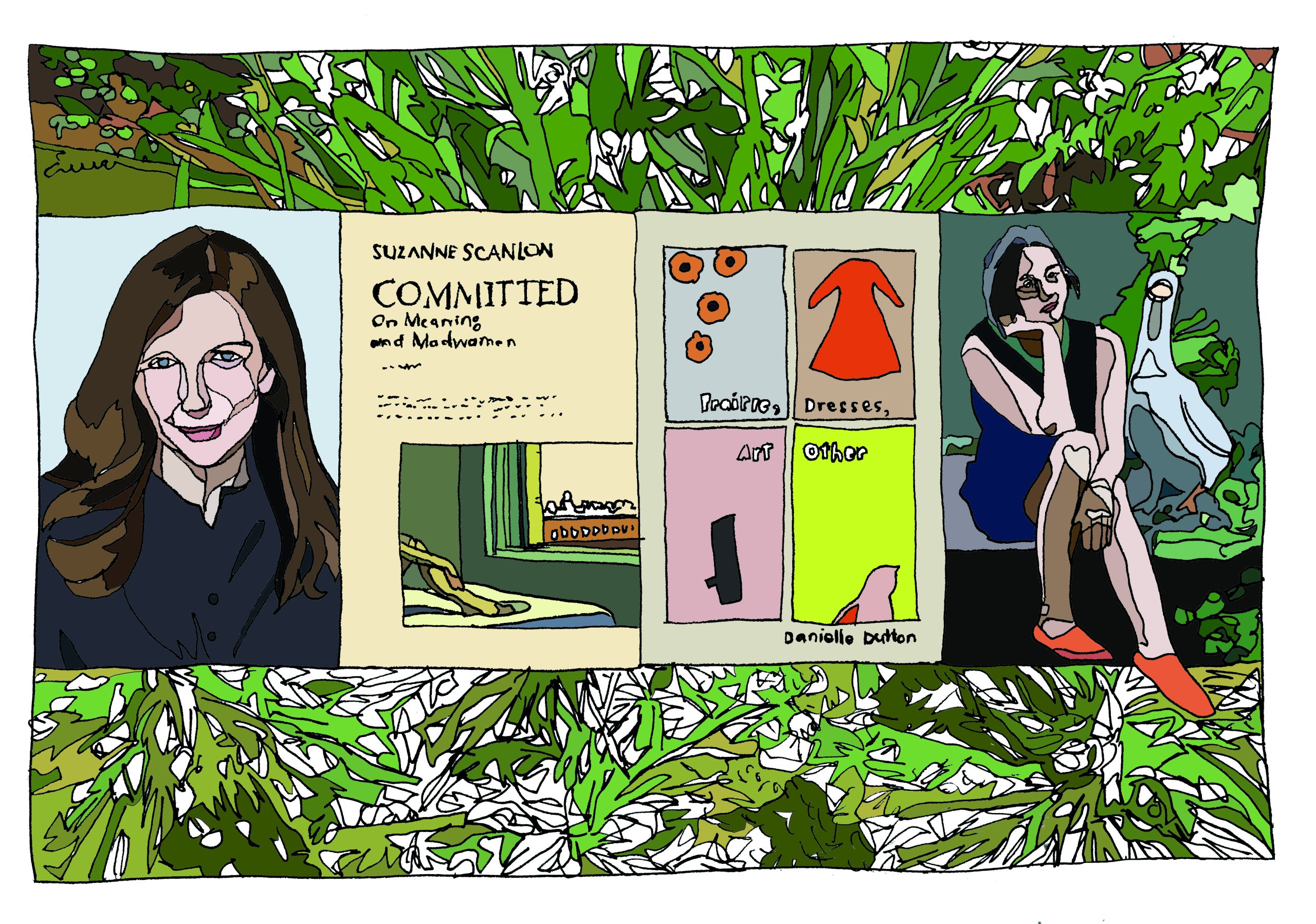news
The Best & Depressed

Mentally Unfit, But Fit to Lead (and Write)
The most dependable captain in stormy seas might be the man ready to hang himself from the crow’s nest. In his article for The Wall Street Journal, “Depression in Command,” Nassir Ghaemi notes notable leaders that struggled with depression, leaders whose “weakness was the source of their strength.” Both Abraham Lincoln and Winston Churchill were apparently chased by “the black dog,” making them more realistic, more empathetic, and, ultimately, more suited for leadership. And the same principal may apply to writers.
“Aristotle,” Ghaemi says, “was the first to point out the link between madness and genius,” a connection that extends to political figures and artists alike. Like Gandhi and Martin Luther King Jr. (“both of whom made suicide attempts in adolescence”), dark and brooding writers may have a stronger sense of empathy and, thus, be more adept at entering the minds of their characters. “Depression seems to prepare the mind for a long-term habit of appreciating others’ point of view,” Ghaemi says.
Greats That Gave Up the Ghost
Sadly, writers have a long-storied history of suicide, just ask Wikipedia. Ernest Hemingway, Virginia Woolf, John Kennedy Toole, and David Foster Wallace are just a few names who appear in a dreary database, and apparently a psychologist even dubbed the tendency of poetesses’s to have dark dispositions the “Sylvia Plath effect.”
PWxyz, the blog of Publisher’s Weekly, linked to the above bit of wiki-morbidity in their introduction to a cheerful post called “Death & Authors: The 12 Weirdest Stories,” which lists the strange circumstances surrounding the deaths of legendary writers such as Tenessee Williams, Nathanael West, and Mark Twain.
Just Like Touching a Bruise
If you haven’t had your fill of depression-centric stories yet, The Millions offers DMV Redux, a follow-up to their list of writers killed in car crashes.
Or if you need to get away from it all, one warehouse in Richmond, California makes for a good distraction and the perfect place to hide. According to the AP, the founder of the Internet Archive, Brewster Kahle, is turning his preservation efforts to printed pages. “The MIT-trained computer scientist and entrepreneur is expanding his effort to safeguard and share knowledge by trying to preserve a physical copy of every book ever published.”
For his “realistic” goal of 10 million books, Kahle only seems to be discriminating against duplicates. In the event of impending disaster, he’s cloistering away copies of classic like Moby Dick and Costa Rica for Dummies. If you ask me, the only book that should be kept in a bunker (at least in the event of a nuclear holocaust) is a cockroach cookbook. In which case, I’m not sure I’d want to survive.
If you really need to get out of the doldrums, check out Songs for Dog Days, a streaming mix by Melissa Febos.
***
–Benjamin Samuel is the Online Editor of Electric Literature. Yesterday, he listened to the theme song of an old TV show (The Adventures of Pete & Pete) and nearly burst into tears.









